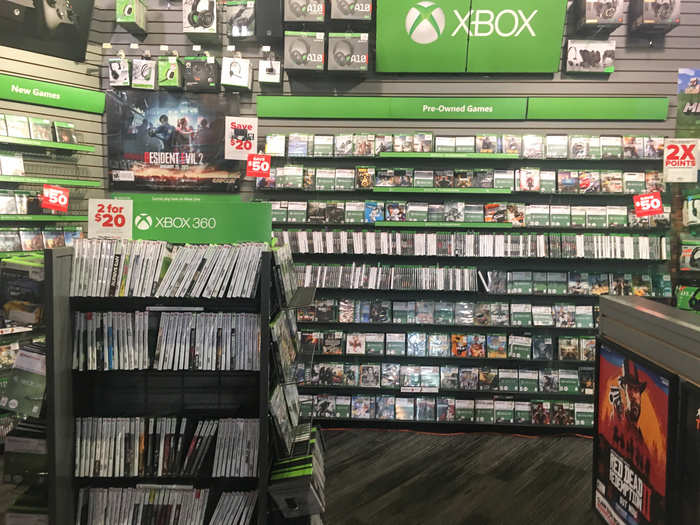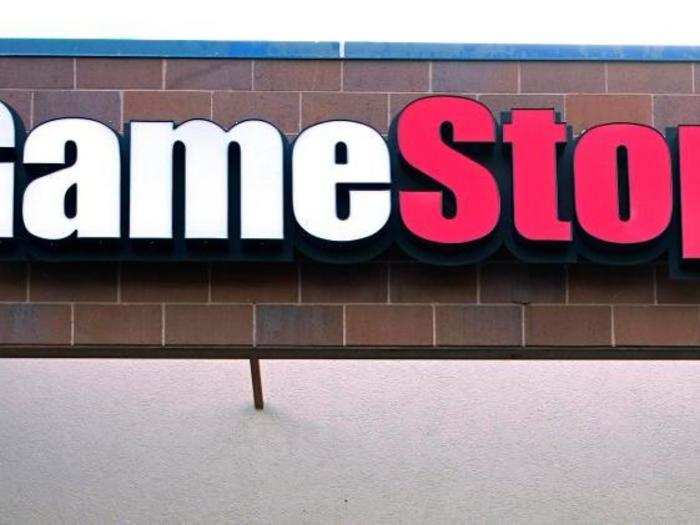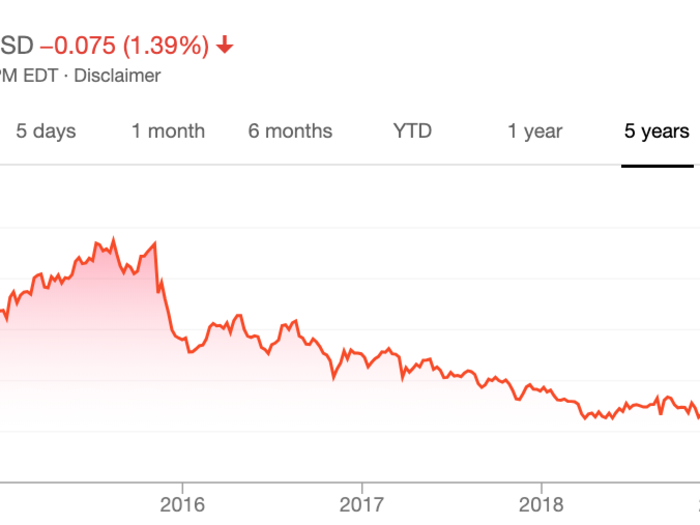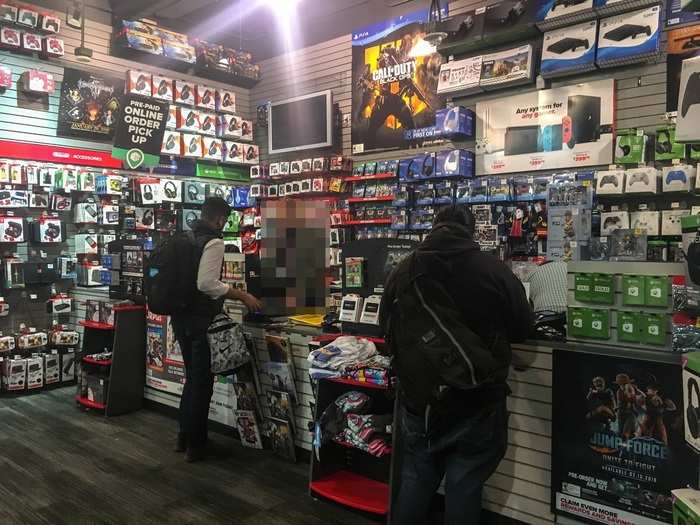- Home
- slideshows
- miscellaneous
- The world's biggest video game retailer, GameStop, is dying: Here's what led to the retail giant's slow demise
The world's biggest video game retailer, GameStop, is dying: Here's what led to the retail giant's slow demise
The problems began in 2013.

At the same time, GameStop took a big bet on an expensive new business: Spring Mobile. Then, it doubled down on that bet.

Between 2013 and 2018, GameStop embarked on a new initiative: smartphone stores.
"They just kept buying chains, and they were paying top-dollar," Pachter said. "And then the earnings went down as soon as they bought them."
First there was Spring Mobile, followed by the purchase of hundreds of storefronts from AT&T. By 2016, GameStop owned and operated just shy of 1,500 mobile phone stores under the Spring Mobile name.
Those stores were expected to generate about $1 million apiece. And when they didn't generate that kind of money, they quickly became an expensive liability.
"It turned into a complete disaster," Pachter said. "These stores were going to do a million apiece. So with 1,500 stores you're looking for $1.5 billion in revenue and double digit margins. So $150-$200 million profit, and I think they got to $80. They were just never even close."
Before the acquisitions, GameStop had cash in the bank and zero debt. By 2018, when Spring Mobile was sold for $700 million, the company was swimming in debt.
"I estimate they spent about $1.5 billion buying all these stores — $700 million in cash and $800 million in debt — and ended up selling for $700 million," Pachter said.
In the process, not only did GameStop lose the money it initially spent, but it also incurred hundreds of millions in debt.
The company "went from no debt and generating about $400 million in cash, to $800 million in debt and generating $300 million in cash." Woof.
By 2018, GameStop was looking for buyers from private equity — but potential buyers couldn't convince financiers that GameStop was a smart buy.

At around $16 per share in late 2018, GameStop was apparently fielding interest from private equity groups looking to purchase the ailing retailer — but those potential buyers couldn't convince banks to finance the purchase.
There are, no doubt, several reasons for this.
Pachter speculated that it's largely a measure of uncertainty about the future of game consoles. In late 2018, it wasn't clear if the next PlayStation and Xbox consoles would even have disc drives. And if they didn't have disc drives, then there would be no discs to sell — thus cutting out the core of GameStop's business.
But now, in mid-2019, we know that the PlayStation 5 and next Xbox ("Project Scarlett") will have disc drives — both Sony and Microsoft have outright confirmed as much.
After GameStop announced its inability to go private, its stock fell off a cliff: The price per unit is currently at just over $5 per share, putting GameStop's value at just over $500 million.

In the wake of GameStop's inability to sell in late 2018, the company's stock has been in freefall. Between January 28 and January 29, the stock dropped from around $15 per share to around $10 per share. Another similar drop happened on June 5, and the company's stock has yet to bounce back.
At just over $5 per share, GameStop is currently valued at $543 million. When it was up for sale in late 2018, it was asking for $16 per share. That means, in the last six months, the company's stock has lost around $1 billion in shareholder value.
At the same time, the company's C-suite has seen a major shakeup. The latest CEO, George Sherman, took over the company in May. The previous CEO, Mike Mauler, lasted just three months in the role.
But don't count GameStop out: With new consoles on the horizon that still play game discs, GameStop's business model isn't completely out the door just yet.

In 2019, you can still buy music on compact discs and movies on Blu-ray discs. You could, of course, just stream music through one of several music streaming services, or you could buy a digital version of whatever album. The same applies to those Blu-ray discs.
That said, the world where Sam Goody and Tower Records did good business selling music and movies on physical media (read: discs) is long gone.
But that doesn't mean the entire business model is dead.
"I definitely think it's a melting ice cube," Pachter said of GameStop's disc-based business model. "For sure it's going to go away eventually. And for sure their future will be truncated and eliminated the day that discs stop being manufactured."
But that doesn't mean the disc-based business model is leaving just yet — with new consoles from Microsoft and Sony coming in 2020 that play discs, "they just got a seven more year reprieve starting in 2020," Pachter said. "GameStop's got about 10 years before that ice cube is fully melted."
Popular Right Now
Popular Keywords
Advertisement